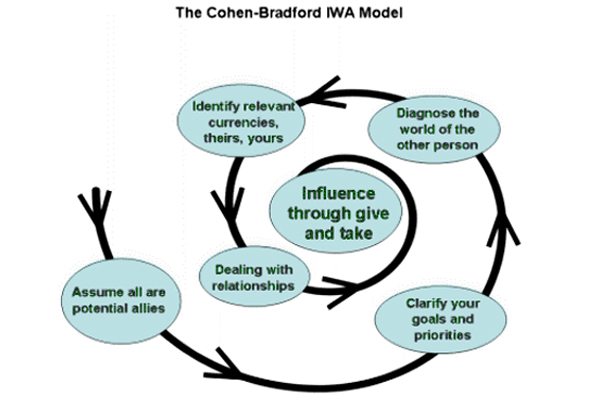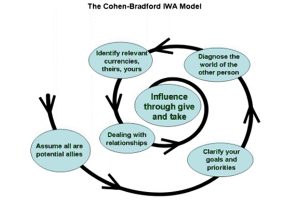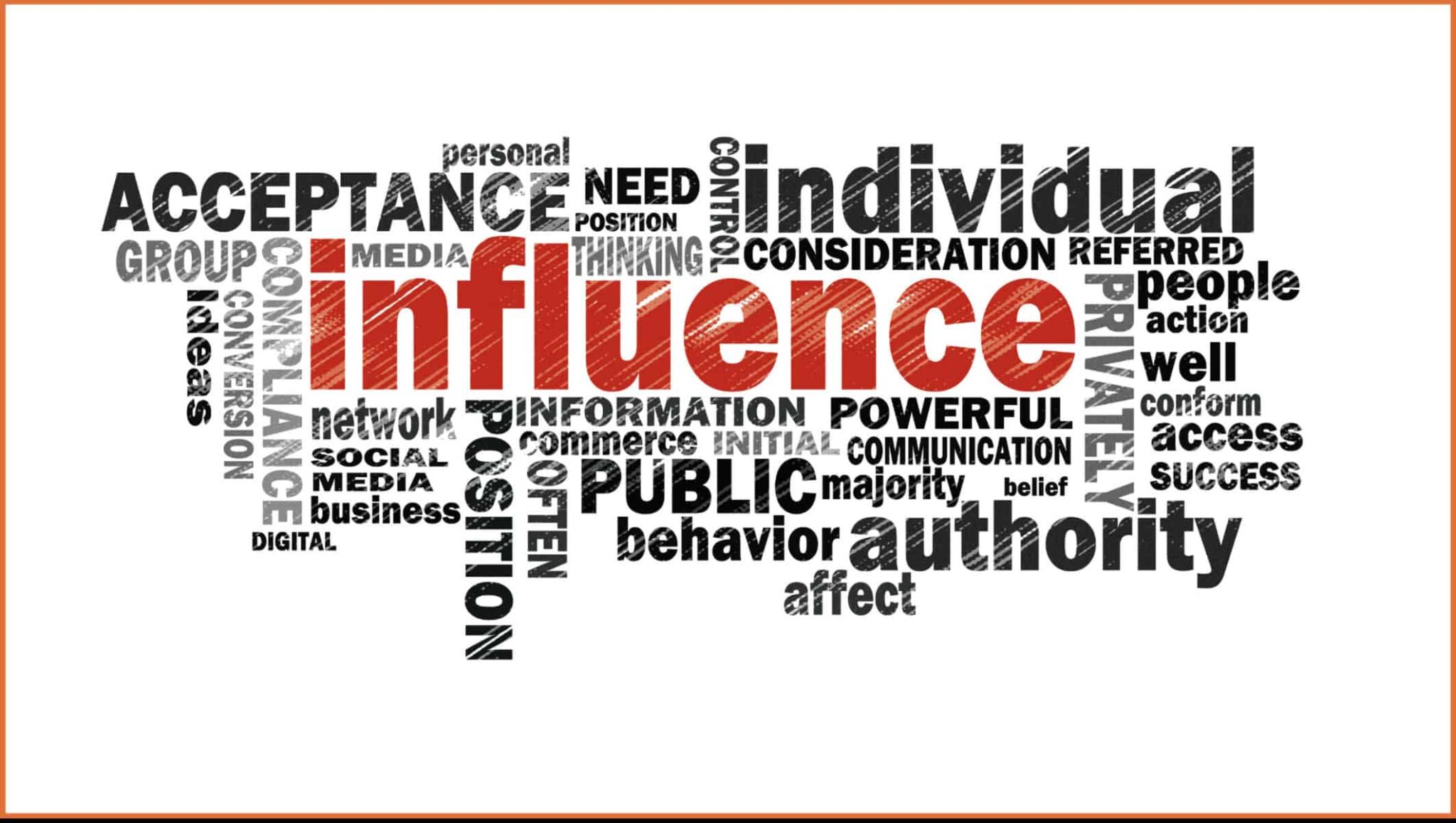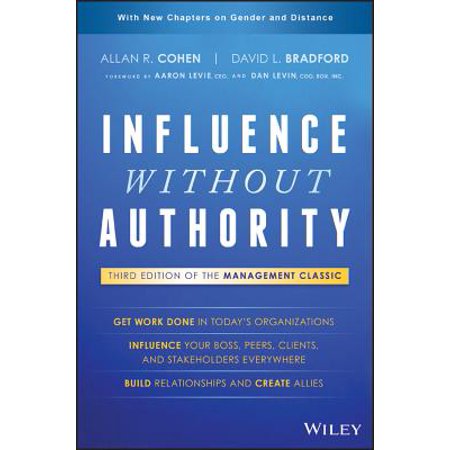This is a frequent question we come across in our workshops. Participants in different job roles who would tell us candidly – they don’t have positional authority, they don’t have people reporting to them, and yet they are expected to deliver!
This is increasingly the reality today in matrixed organizations. Also with the millennial generation, where authority would not work, influence would. Authority is defined as the power to reward and punish whereas influence is the ability to move a group of people towards a desired behavior.
Here is an interesting example. Bank of America recently decided (at their board meeting, no less) to charge their customers a fee of 5 dollars a month for debit card usage. A McDonald’s employee forced them to change this decision when she used social media to run a campaign against it. Ultimately they had to reverse their decision. Think about it, what was more powerful here: the authority vested by titles or the capability to influence using social media? The answer is evident.
So is there a way that we can learn to influence better? Be it our bosses, our colleagues, our vendors or even our spouses – the ability to influence can be quite an asset. Authors Cohen & Bradford wrote a seminal work in this field titled Influence Without Authority. Let’s dive right into what their model.
The model has several steps, listed below:
Let’s look at each step in detail, and think about how to apply it in the workplace.
1. Assume all are potential allies
It is all too easy to stereotype people and project our own experiences and feelings on them. As somebody once said, before criticizing a man and making assumptions about his motivations, walk a mile in his shoes. As the saying goes, when you ASSUME, you make an ASS out of U and ME.
2. Clarify your goals and priorities
Articulate your different goals and their priority order to the person you are trying to influence. This may seem contradictory, but every so often when the person you are trying to influence realizes the reason behind what you are doing, they may be more forthcoming!
3. Diagnose the ally’s world
We are generally so wrapped up in our own world, that we sometimes forget that the person we are trying to influence perhaps lives in a completely different mental world. Unless you know how the other person looks at her world, what she values and cares about, you aren’t going to know her trigger points. This is the hardest step because it requires that you really dig deeply into the psyche of the other and really get to know her.
A few questions that might help in this endeavor are:
- How is this person “measured” at work?
- What are his or her primary responsibilities?
- Does this person experience peer pressure from his or her boss or colleagues?
- What is the culture of this person’s organization?
- What does this person’s boss expect from him or her?
- What seems to be important to this person?
4. Identify relevant currencies
Currencies refers to “what” someone could be influenced by. What truly matters to your influence? Here are a few currencies that are most often valued in an organizational context. As you notice, each of us has different triggers!
- Inspiration-related currencies: “Is this the right thing to do?”
- Task-related currencies: “Is this task challenging, fun, and creative enough?”
- Position-related currencies: “Will this give me enough visibility and recognition?”
- Relationship-related currencies: “Who else will be a part of this?”
- Personal-related currencies: “Will the value that I add be noticed?”
5. Build Relationships
The first aspect of this point is the nature of your relationship with the other person. Is it good, bad, or indifferent? If it is anything less than good, then clearly you are going to need to invest time and energy in building trust and credibility. In each one of our relationships, we have an emotional bank balance. All positive actions add to the credits, all negative actions add up as debits. When the credit in any relationship is good, we go out of the way to help one another. Otherwise, even the smallest favour weighs heavy on us. One way we help teams know each other more deeply is through using psychometric tools such as MBTI.
6. Influence through give and take
Once you have come this far in the model, then you can make “the exchange” and put your findings into action. Make sure that when you make the offer or exchange, it’s done in a way that builds trust. Show respect, empathy and understanding to the other person. Look for a win-win situation.
You as an employee can be much more powerful than you think you can be. The new paradigm is that your power does not come from where you are in the organizational hierarchy, but by the influence that you are able to assert on the people around you.
Here is wishing you more influence!




